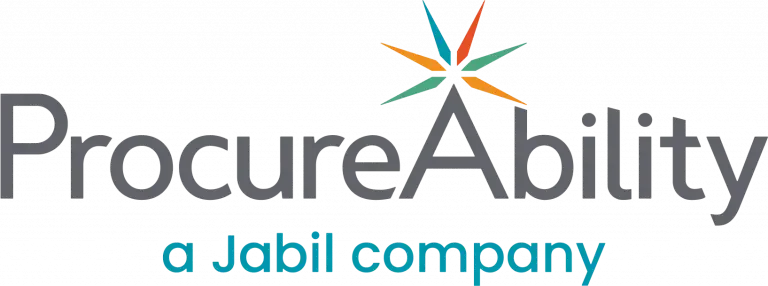During the formation of the ‘Bold Procurement Predictions for 2030′ Insights series, ProcureAbility was keenly focused on procurement teams’ maturity levels for accepting new practices and emerging trends. It quickly became clear that procurement organizations are all over the map in terms of the new processes and technologies adopted. Some are still mired in their core practices, while a small group of innovators are ideating new ways to leverage supply chain technology. The focus of ProcureAbility’s effort was at the very top of the pyramid below: ideation.
In this Insights series, ProcureAbility explores five emerging trends that procurement organizations should anticipate will transition from the top of the pyramid to the bottom by 2030, including advanced crowdsourcing, procurement technology acceleration, cognitive computing, hyper cybersecurity, and virtual organizational design.
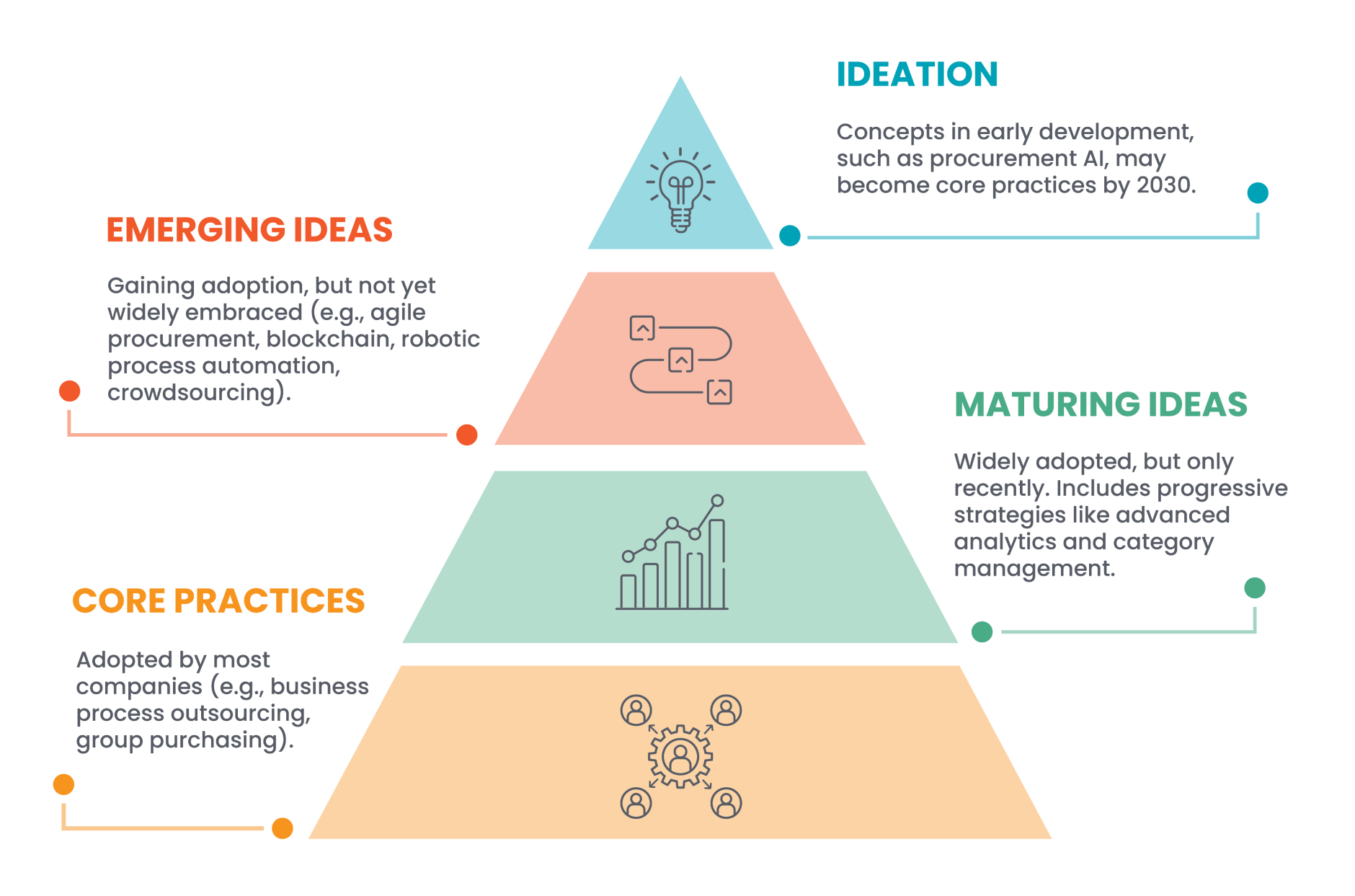
This is the next release in ProcureAbility’s ‘Bold Procurement Predictions for 2030′ Insights series. The study is the product of extensive research and input from a think tank of experts in the supply chain field. In this third chapter, ProcureAbility looks at the future of cognitive computing.
Cognitive computing is a catchall term for a group of systems comprising of artificial intelligence (AI), expert systems, machine learning, robotic processing automation (RPA), and neural networks. The goal is to develop programs that mimic the way a human brain absorbs and processes information. In practice, a cognitive computing system is:
Adaptive—Learns and evolves
Interactive—Communicates across systems
Iterative—Solves ambiguous problems
Stateful—Invokes suitable information for the application at the time
Contextual—Identifies and extracts contextual elements
The market for this technology is expected to grow to $77.5 billion by 20251. In fact, applications based on cognitive computing will expand across consumer, business, healthcare, industrial, and education markets. The procurement field will be no exception.
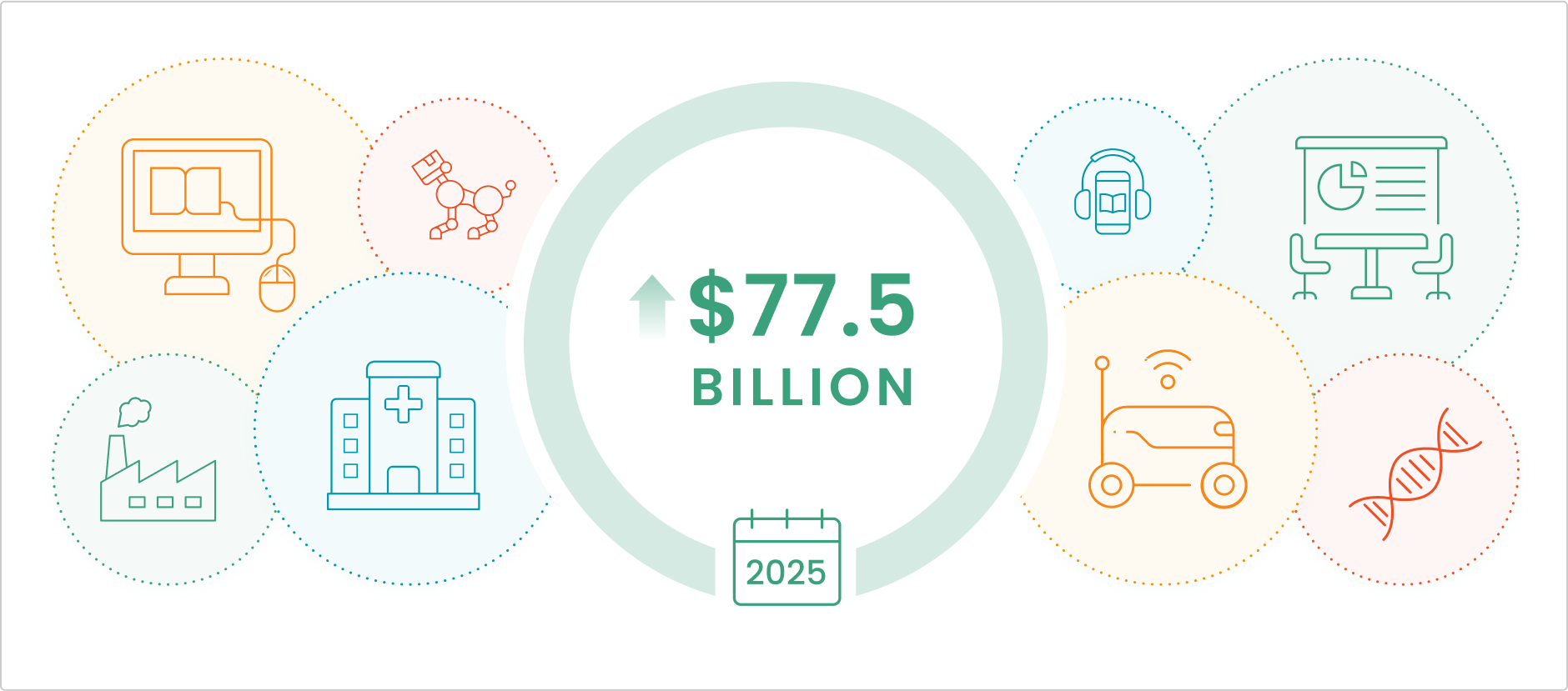
Our Prediction
By 2030, due to cognitive computing, strategic sourcing will take no longer than two weeks. Nearly every aspect of sourcing will utilize machine learning or RPA–from setting up an event through contract execution.
AI will anticipate requests before they are submitted based on user patterns, stock levels, historic spend, contract/PO expiration, and other predictive analytics, to make proactive and anticipatory procurement decisions.
Strategic sourcing processes will be augmented with much of RFx administration handled by AI driven systems. Integrated and connected data sets will allow intelligent systems to participate in the source selection process: creating bid groups based on capability requirements, partnership potential, supplier capacity, commercial alignment to business needs, and past performance. Previously administrative activities will also be automated as the systems compile and distribute the RFx, manage vendor responses, conduct analysis, and deliver best value recommendations. All of this will serve to enable efficient and data-led decision making. A longer-term consideration is having machine learning AI field technical questions during the RFx.
Tactical purchasing teams will turn to automated procurement mechanisms as they look to do more with less. Aided by AI-driven RFx support, tactical execution of discrete orders will be automated including the bidding, creation, and routing of POs. Runners and repeaters will be controlled by contracts with MRP systems autonomously executing orders and schedules against them. There will be a reliance on AI to manage order replenishment, quoting, lead time updates, and open order reporting. Tactical procurement roles will shift to focus on system maintenance, exception messages, relationship management, and procurement strategy.
Cognitive systems will complement the human effort in sourcing strategy and negotiations analyzing past results to recommend options.
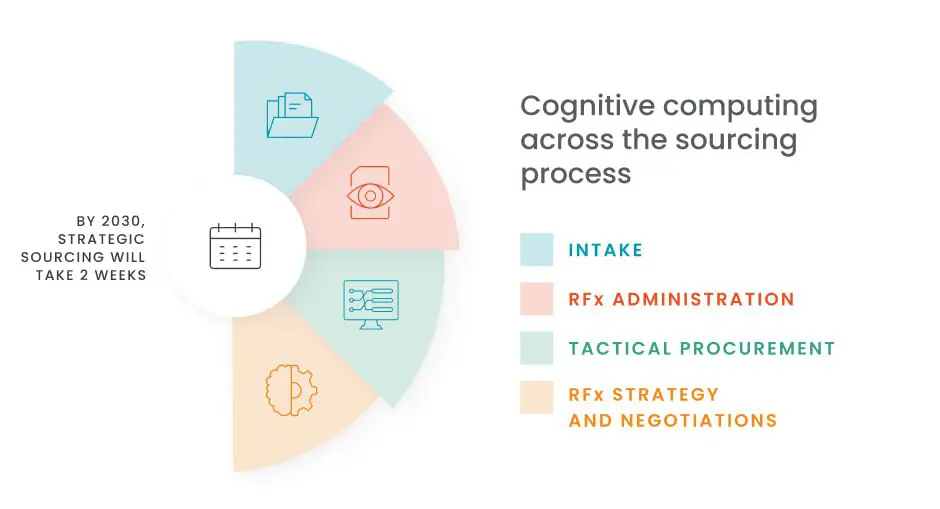
Streamlined Sourcing
With cognitive systems at work in the practice, procurement teams can see some significant workflow improvements. Artificial intelligence will help procurement teams get ahead of a client’s business needs. Machine learning will sort through vast databases and cross-reference what was sourced in the past, how frequently, at what volume, and what end use behavior looked like. Intelligent systems can use this data to automatically trigger future intake inquiries at the optimal times.
Cognitive computing will yield efficiency gains. We expect most administrative tasks to be automated (intake, strategy recommendations, RFP development and administration, evaluation and scoring, and scenario analysis). Teams will need to pivot to more strategic skill sets, such as relationship development. Impressively, cognitive computing will even help generate new sourcing strategies. By 2030, expect artificial intelligence to become a dispassionate aid to human efforts when executing negotiations and developing future strategy blueprints.
What Now?
We understand that cognitive computing will affect workflows and long-accepted process. ProcureAbility recommends that organizations conduct an assessment of their sourcing processes, develop plans to utilize next-gen technology systems, and then begin exploring areas to apply AI and machine learning technologies.
Next in the ‘Bold Procurement Predictions for 2030’ Insights series: Hyper Cybersecurity
Sources
1Markets and Markets, Cognitive Computing Market, March 2020
